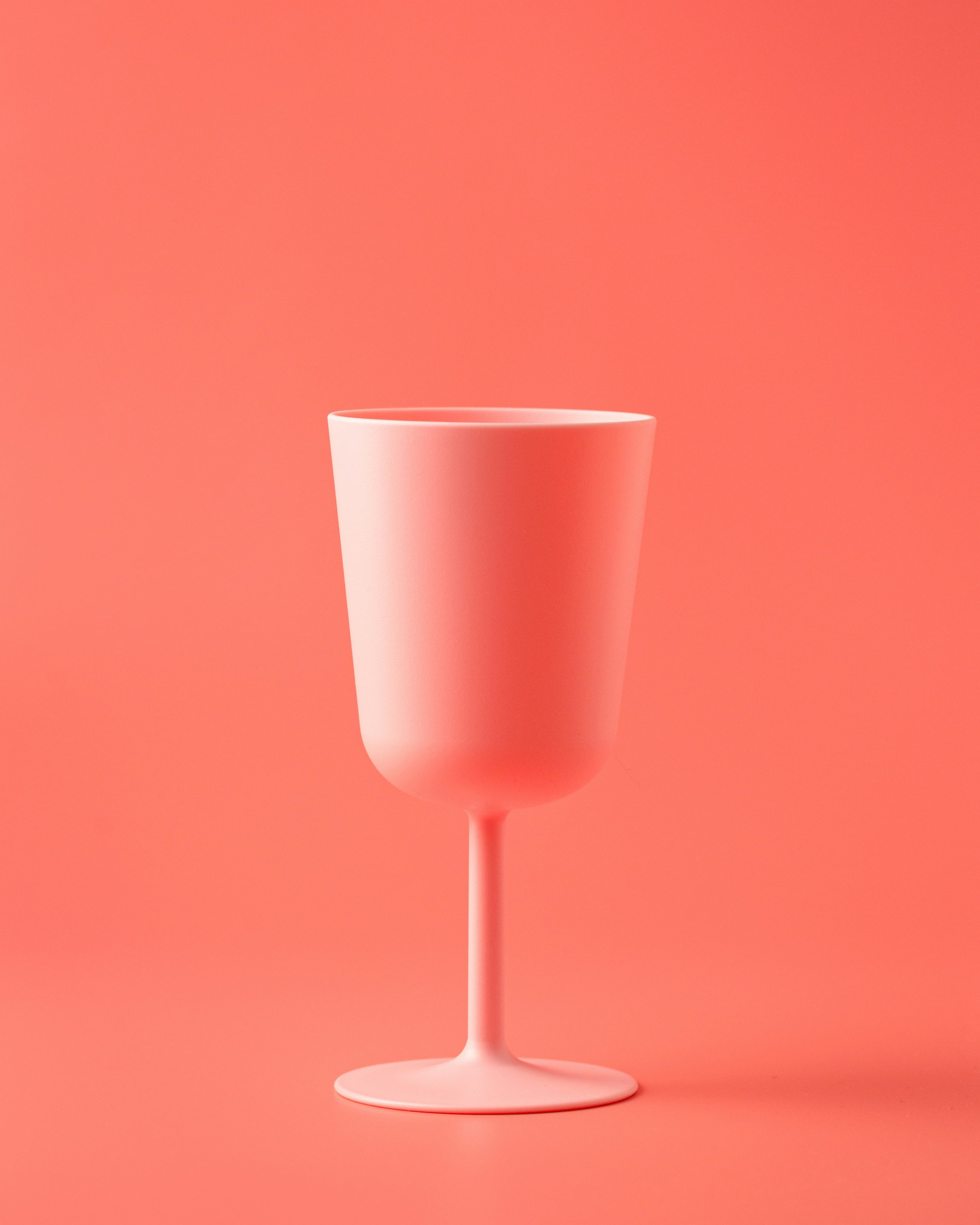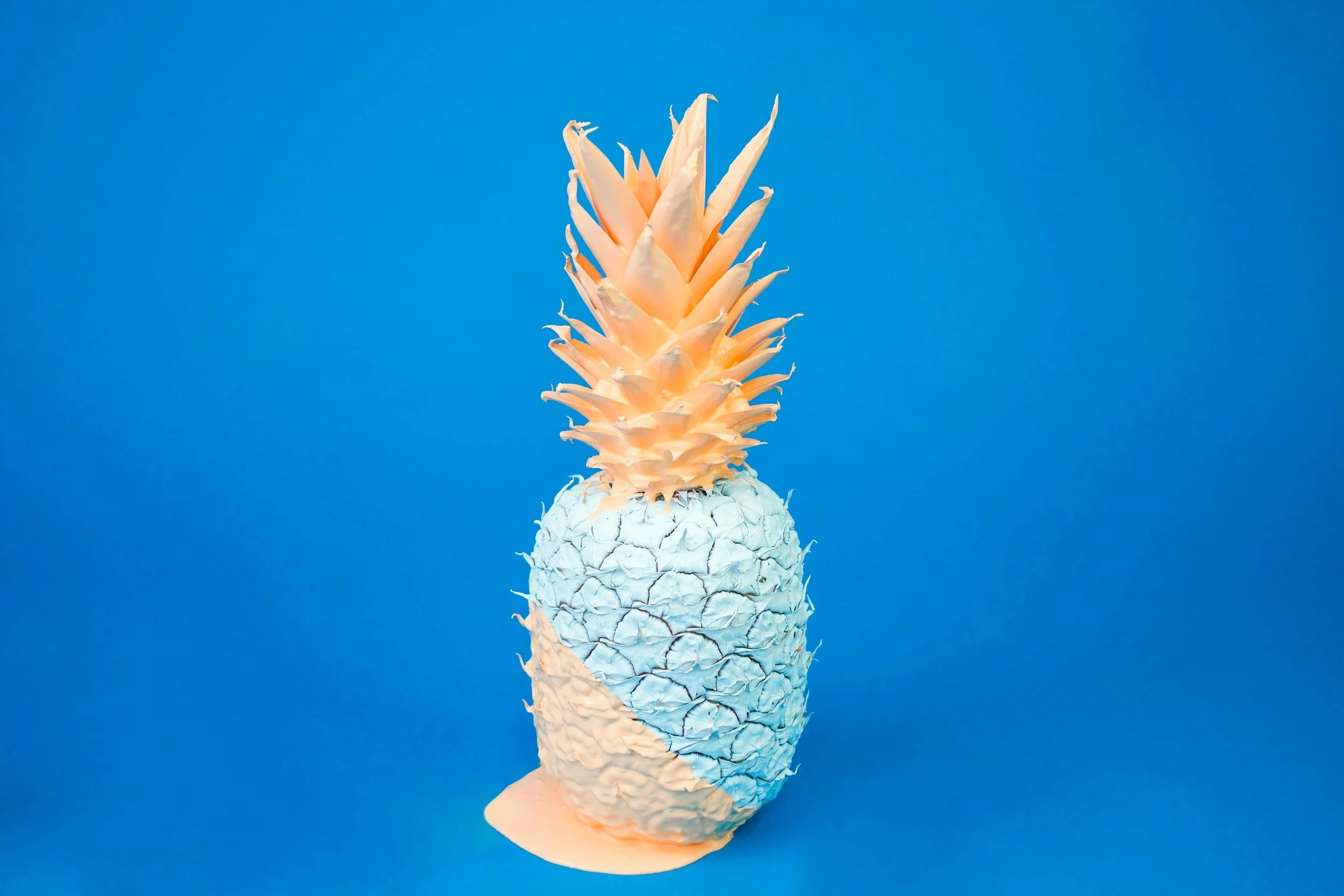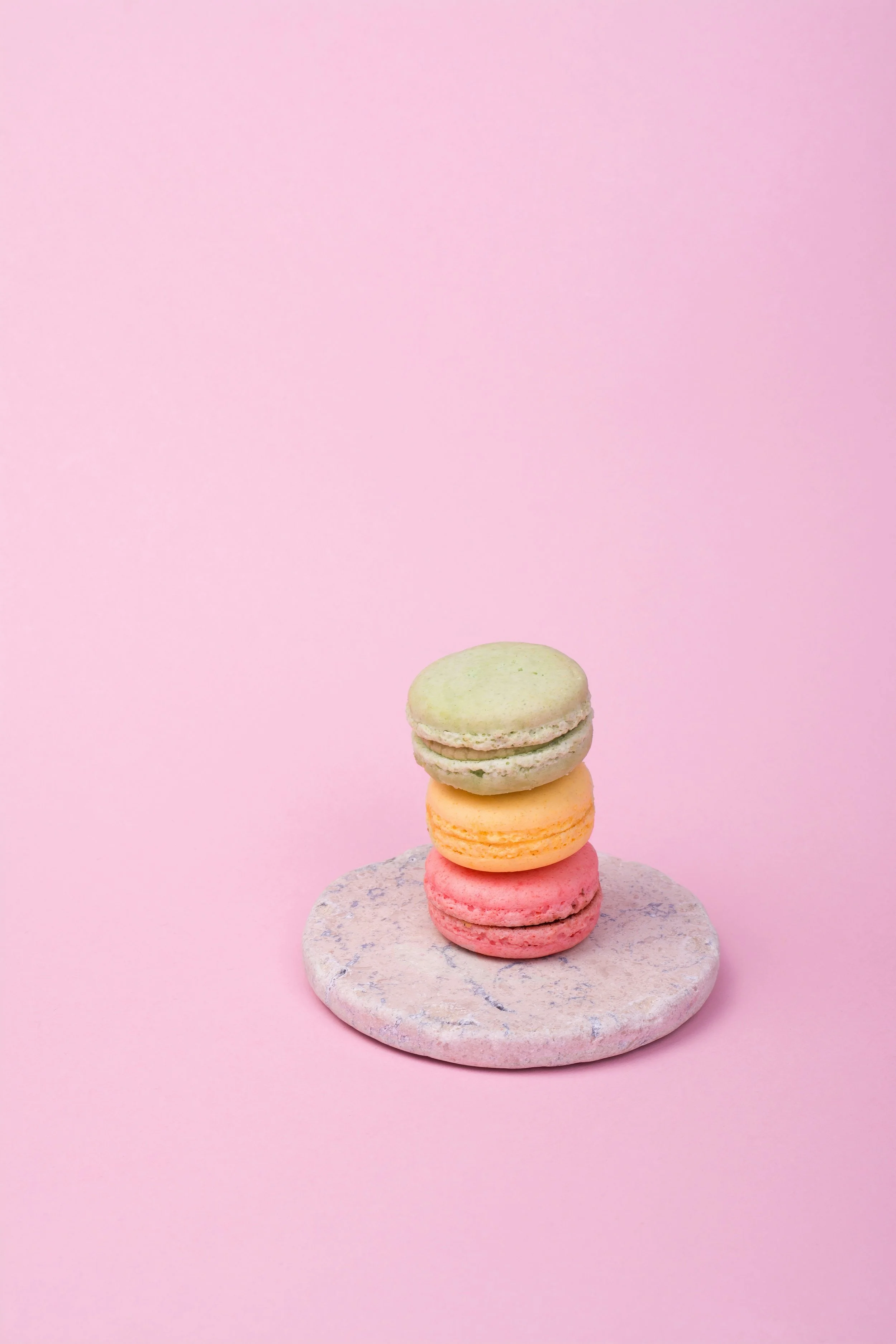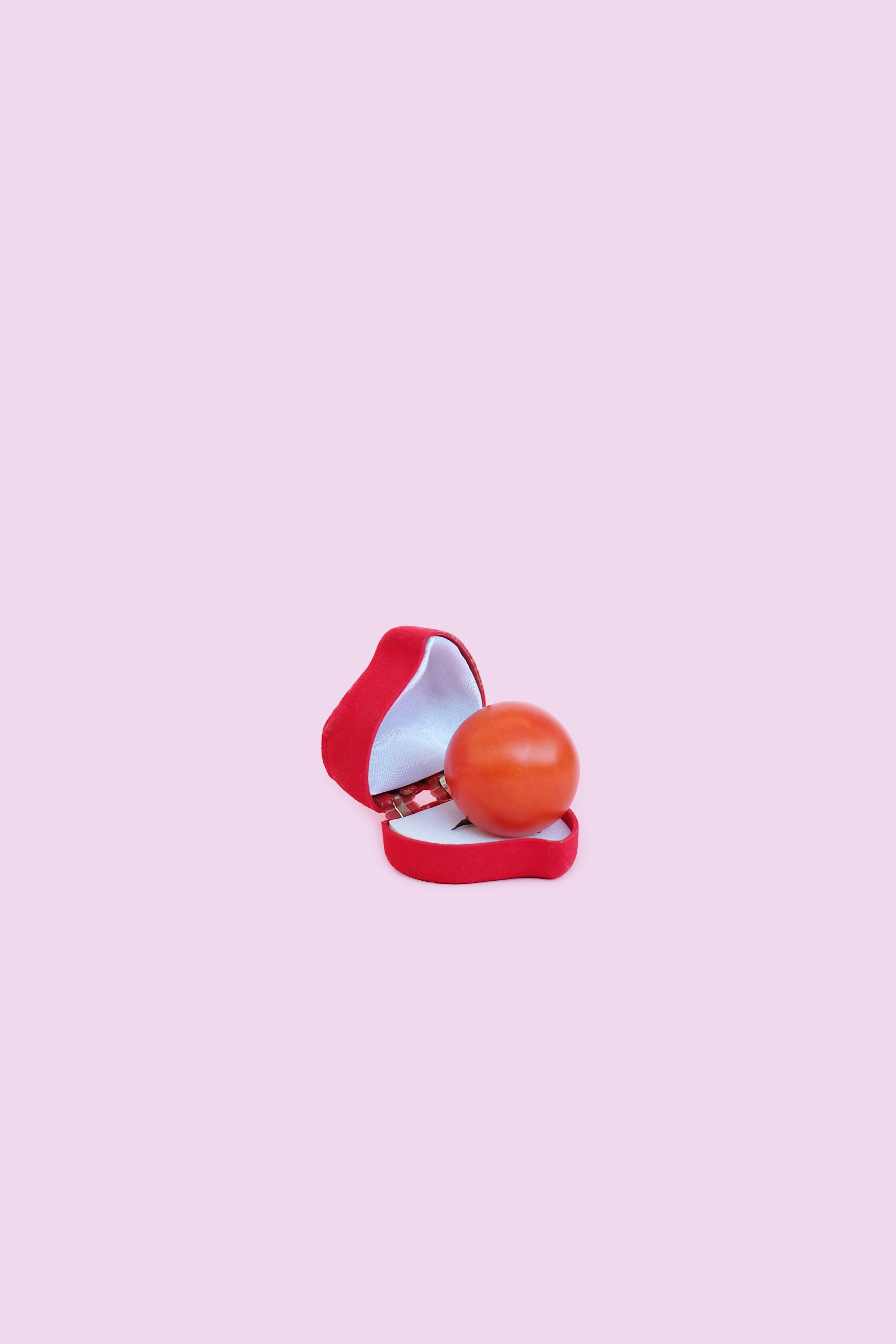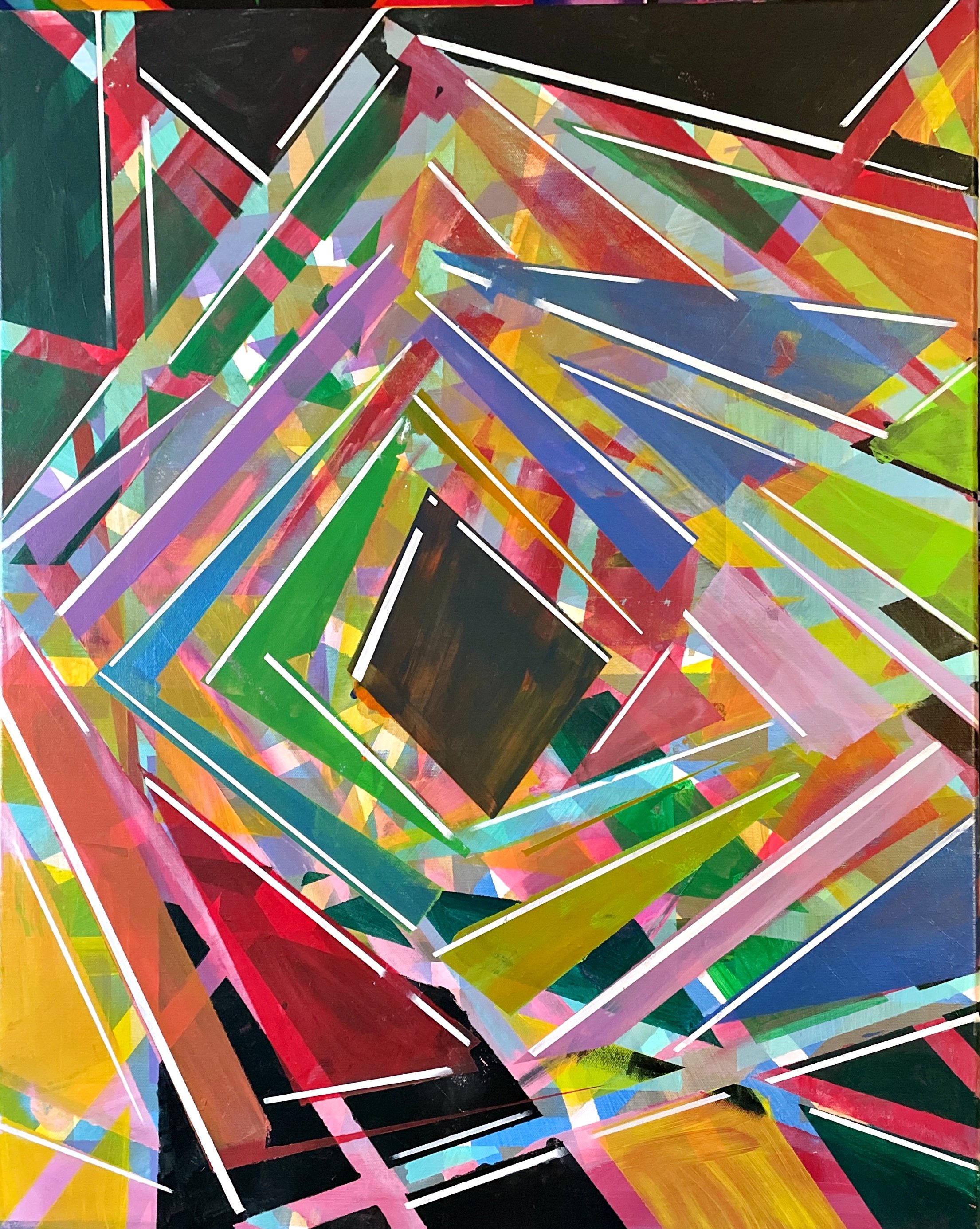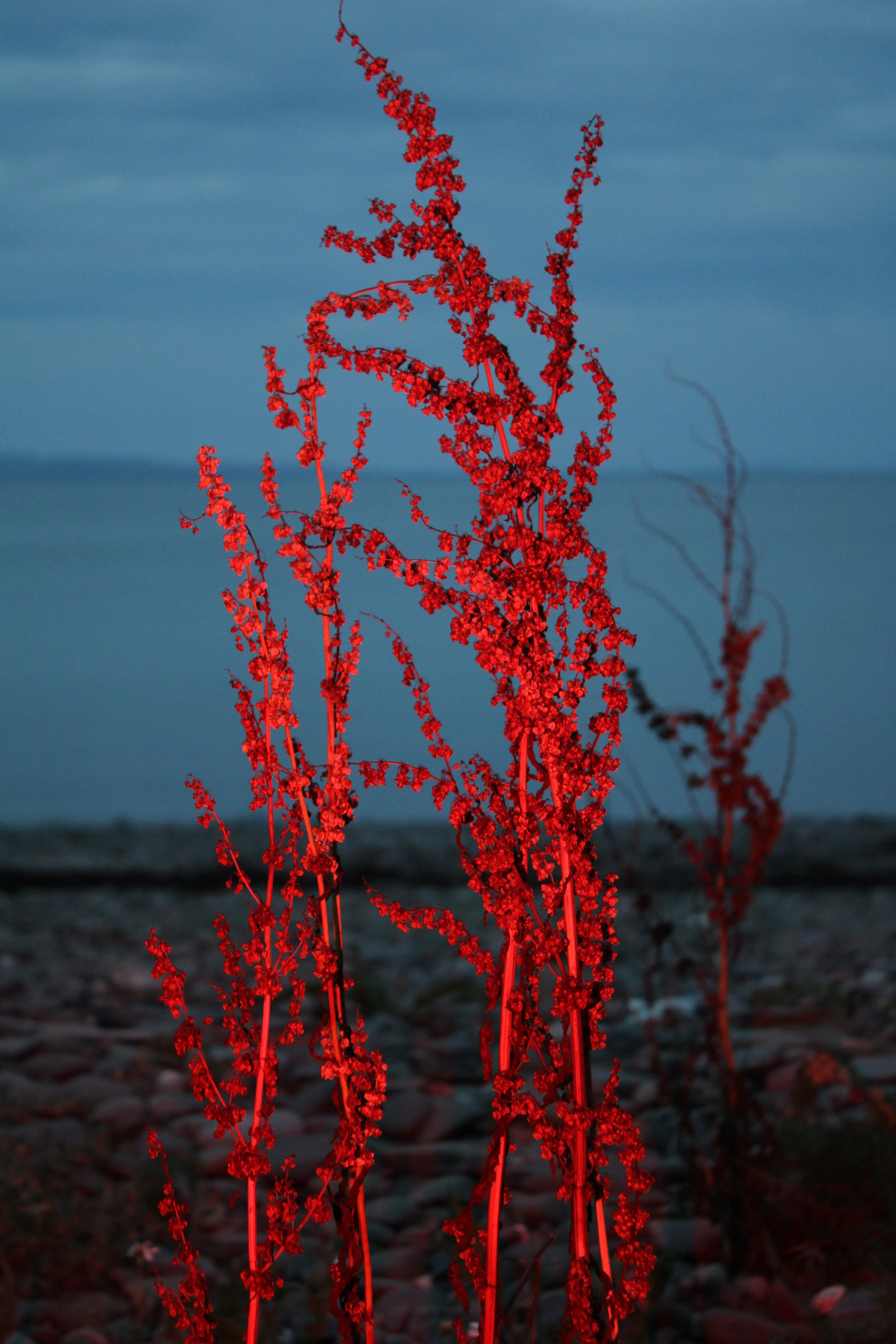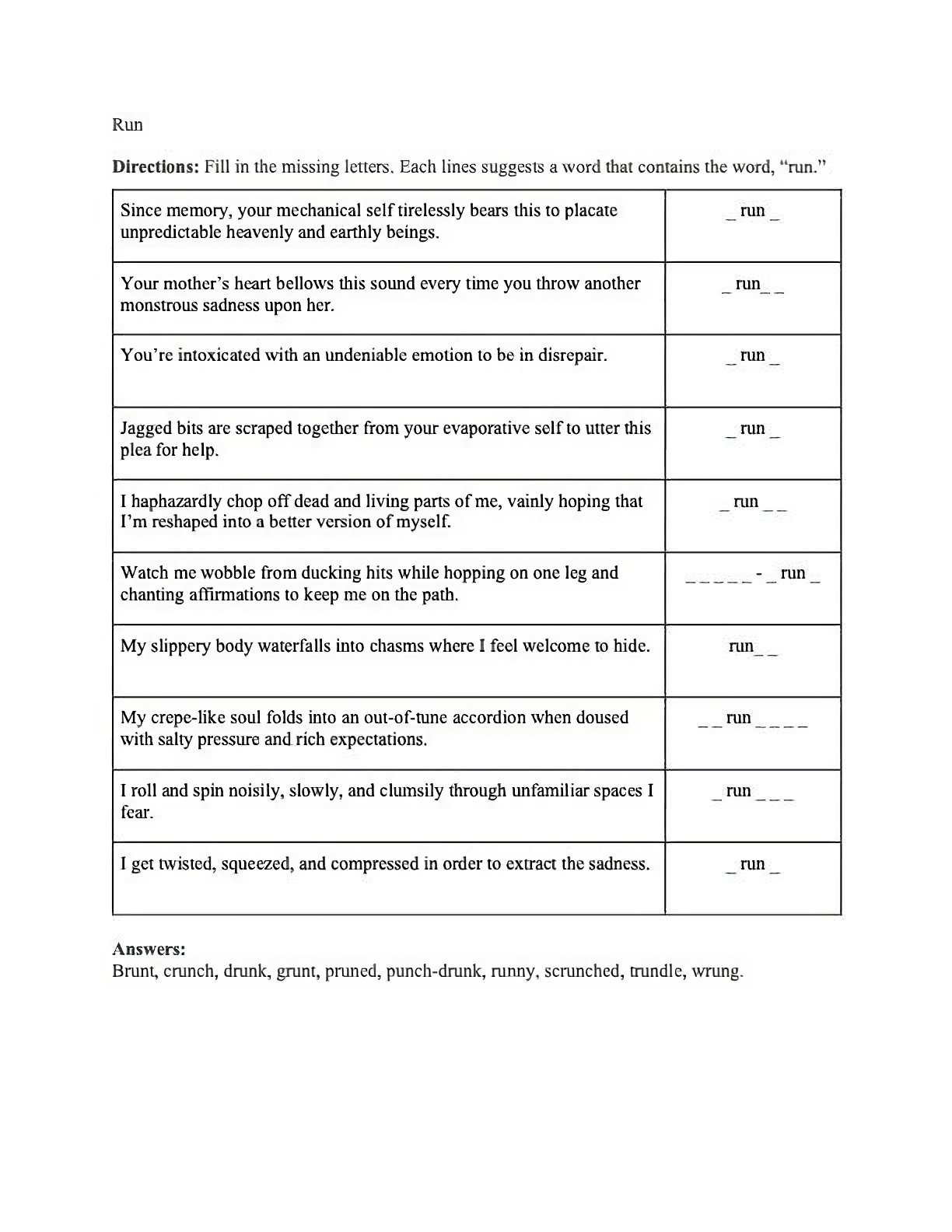Masthead
Guest Editor-in-Chief
Faith-Marie McHenry
Editors-in-Chief
Leon Barros
Natalee Cruz
Editorial Directors
Stephanie Berger
Jackie Braje
Tova Greene
Readers & Editors
F.M Papaz
Lisette Boer
PSNY Interns
Editor’s Note
Dear Readers,
Despite the wave of neon green, club music, and “brat” hedonism that swept the summer of 2024, there is a poignancy at this time in history that one cannot deny. Grief for the lives lost in ongoing conflicts, an uncertainty that the rights and freedoms of all people will continue to exist, and the open wounds in our world that make it easy to feel helpless over what seems impossible to change.
Yet, there exists a paradox between the seeming stagnancy of our planet and how quickly tragedy comes and goes, our society ebbing and flowing at what feels like a more rapid pace than ever. Have we come to expect breaking news? Grown desensitized to death and violence as it finds a way to the screens we surround ourselves with on a nonstop basis?
Then, there is the art we make: those mirrors of words or paint or clay that reflect the profundity of the present we struggle to realize in the midst of it. A piece of something that strives to capture everything in a moment and throughout the years says: “I was here. I am still here.”
Our summer issue highlights those works of words and art that evoke this sense of everlastingness. In “Danez Smith’s ‘Don’t Call Us Dead’ Is My Favorite Book Of Poetry,” John White’s ode to Trayvon Martin, Emmett Till, Michael Brown, and Black men who we continue to grieve generationally captures these souls taken from the world too soon with “more light.” with “more life.” Reminding us that those we miss are more than gone. They live.
Marie Howe’s “What the Living Do,” tells us that this space of yearning between life and death is universal, and the pieces of art and poetry we have selected show a sliver of specificity within that universality. Lisa Delan’s “Dites-Moi” muses these lines: “I am afraid of what will escape / if I sing the final notes you sang / to me,” capturing the essence of grief's complexities.
“I am shocked every time / the world brings me to my knees.” The closing lines of Grace McGovern’s “Cicada Season” promise to strike a chord with anyone who has loved, lost, or longed to find a way of making the world a little better before leaving it. The collage of Courtney Seymour & Albert John Belmont ends on the opposing words that alternately make up all of human experience, “Finally,” and “again.” Robin Percyz puts forth a wake-up call to those who have tuned out the cries of injustice coming from all around us, those who “shake it off faster than excess salt.”
Thank you to Leon, Natalee, and Fi for their stellar support, our team of summer interns, and every writer and artist who shared their work with us. Each piece reminds us time and again that, by the baring of our souls through creation, changing the world is a thing we can all do.
Warmly,
Faith-Marie McHenry
Editorial Lead Intern
